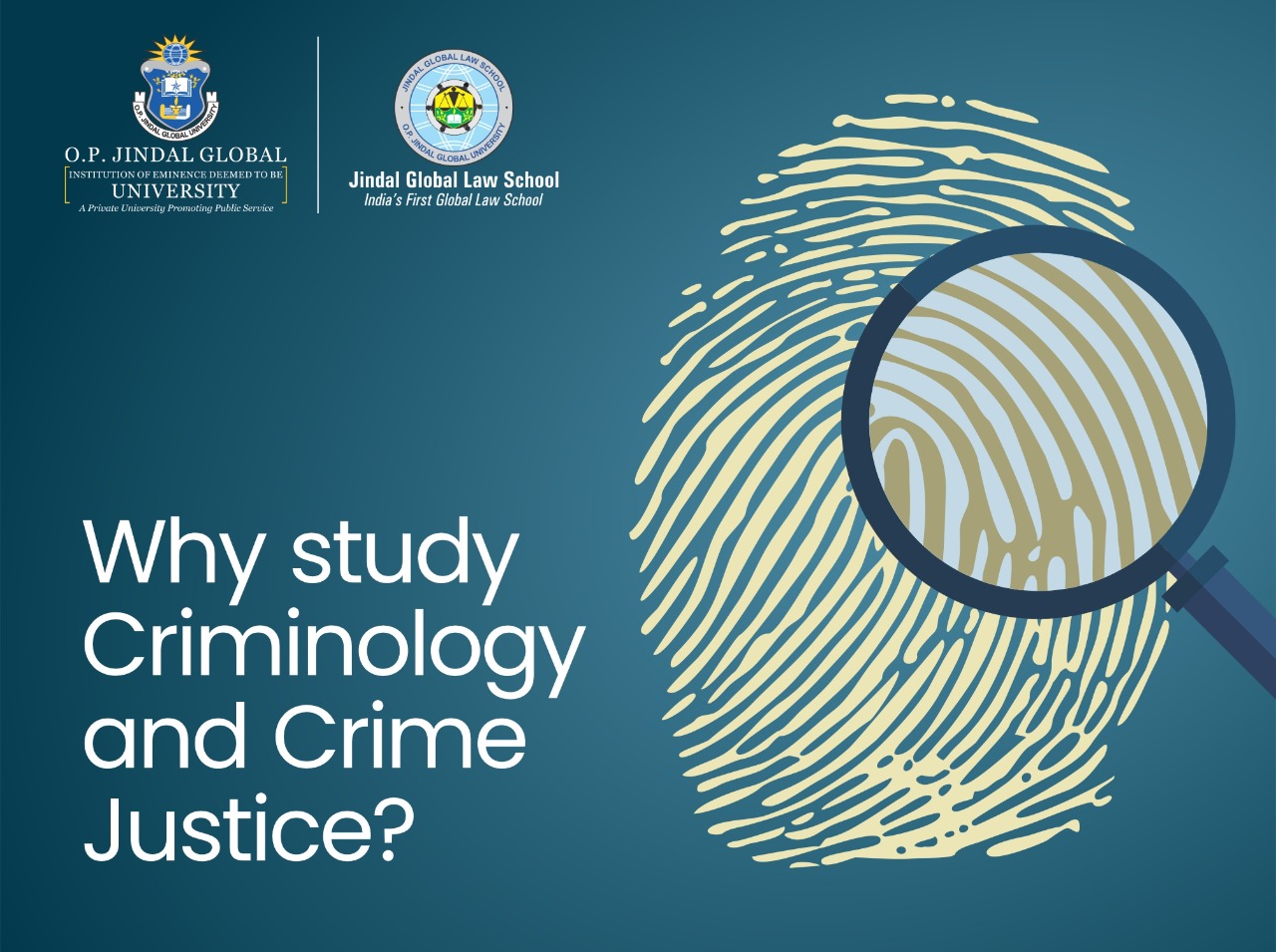Crime is a harsh reality in today’s world. Commission of a crime disturbs peace and morality of the society. State acts as a guardian to its citizen and a crime is said to be a crime against the state rather than the victim alone. To be able to prevent the commission of crime, it is important to understand the various aspects surrounding it. Criminology as a branch of knowledge covers these various aspects relating to crime. The study of crime has evolved over a period of time. The study of criminal psychology, penology, victimology, criminal justice, evidence, procedural law, forensics, crime and society, police administration, etc. are few such fields within criminology that contribute towards understanding the different nuances relating to crime and the means to address it.
The entire process that starts when a crime is committed is a complex one and involves multiple stakeholders in the form of victim(s), offender(s), police administration, lawyers, public prosecutor, judges, correctional services, etc. Each of the sub-fields within criminology presents an opportunity to deeply understand the different aspects of the process and contribute by creating a robust system in place to address the challenges posed by commission of an offence.
Under Criminology, both the theoretical and practical underpinnings have relevance as they provide deeper understanding of the concept of crime. The identification of crime, its causes, social circumstances, impact on the society, scope for offender’s reformation, victim’s rehabilitation, and economy in crime control, are few such crucial aspects that are addressed in the field of Criminology.
Criminal Justice provides a strong foundation to address the functionalities related to commission of a crime and the procedure that follows. The framing of substantive and procedure law is an essential component of criminal justice system to ensure the framework within which the crime is addressed is sturdy. Other such important aspects include public prosecution, sentencing, correctional services, investigation, etc.
With the advent of technology, the methods of committing crime are continuously evolving and becoming more dangerous than ever. Social media platforms provide an easy access to the offenders, which is being misused rapidly in the form of cyber-crime. There have been reports of incarcerated criminals using internet and smart phones from inside the prison cells to continue engaging in criminal activity in the outside world. However, this new technology is also a bane for the crime investigators as devices such as facial recognitions cameras, biometric analysis systems, traffic light cameras, monitoring devices, etc., assist them in analysing the big data quicker and finding patterns that would have been difficult and time consuming for a human being to do. Criminal Justice, in addition to formulating a legal mechanism to deal with criminal activity, also addresses the legal concerns that arise by using such devices such as infringement of the right to privacy.
The advent of the fourth Industrial Revolution has impacted the field of Criminology and Criminal Justice greatly. While this field has been on the forefront since decades, it is now expanding more than ever, making it necessary and beneficial for students to learn its several nuances and adopt a successful career trajectory in the same.




